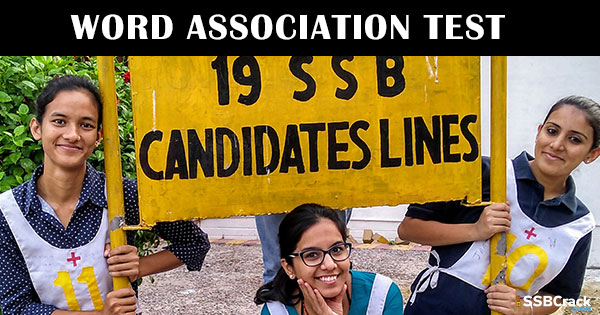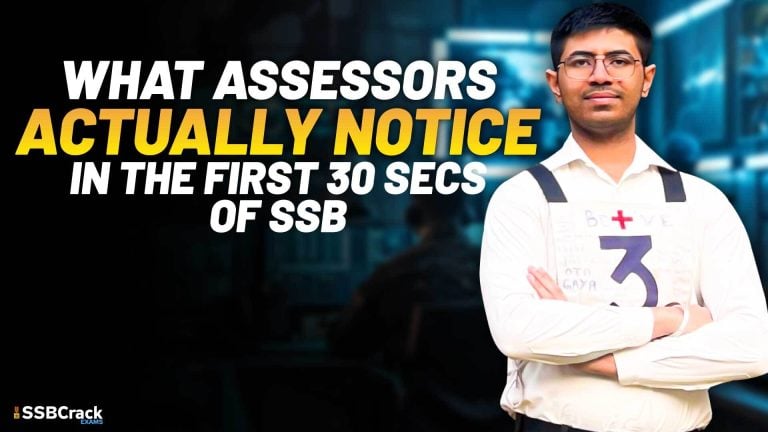The Word Association Test aka WAT is not a sentence making test, otherwise, it would have been named so. In WAT or Word Association Test, the aspirants are given some words and they have to evaluate the qualities or ideas that are associated with the given word. There is nothing ‘negative’ in this world. It is just your perception that makes you see things the way you want them to be. While attempting the test, the words and ideas that spring to your mind are more important than the expression itself. Every word in the WAT is designed to invoke some feeling or thought in the reader. The reader goes beyond the word and will find many relations to the word from different areas and fields. Getting the idea from a particular field and writing it down is the main objective of the WAT. The test is designed to help the analyzer find the depth or level of the aspirant’s thinking.
The idea behind this test is, if you are capable of appreciating the word and its meaning, then your projection of the word will also fall short of an acceptable level.
Let’s see an example
Word: Cooperation
Response: Good cooperation between teammates is vital to the success of a company
Interpretation: Here the word was cooperation and your response to it was about teamwork. This shows that you go above and beyond the word. You have also associated your team with success, which may give you extra points in the eyes of the assessor.
Two Common Doubts In Our Mind
Two common questions plague the mind of every person who has faced a WAT.
- Is there a specific response to a word?
No. There is no specific response to give for any word. A hundred different people may have a hundred different interpretations of a word and all of them can be equally correct. These projections are a sign of the person’s inherent qualities like enthusiasm, optimism, positivity, and progressive attitude.
Download Our App to enrol yourself for SSB Interview online coaching.
Book Your Slot for SSB Interview Online Class
Let’s take a look at some of the words
- Word: Blood
Response: Donate blood
Interpretation: In this case, there is no indication of the occasion or incident, if you are donating blood or not. It could be an order or a directive or other to others. You need not be involved in the occasion.
Suitable Response: Blood donation is an important and essential act of kindness. Our college regularly organizes blood donation camps to help local hospitals.
Interpretation: It is more important to appreciate the concept of blood donation than to just introduce or talk about it. Here you are talking about the importance and need of blood donation for the whole society.
- Word: Strong
Response: My father is strong
Interpretation: This response does not specify if you are stating the fact, or your father’s physical prowess.
Suitable Response: We have enhanced the range of the Prithvi missile system
Interpretation: We are appreciating the strength of the country.
Is it possible to leave a word blank in between?
If you want to leave a word blank in between, try to leave the word with respect to the serial to maintain the similarity. Even if you cannot finish the sentence, at least try to write something. Never give another word as a response as it might give a wrong impression that you do not want. What you write should be practical and show your knowledge.
To crack the SSB Interview, NSB interview and AFSB interview, You can join our SSB interview live classes batch and we recommend you to Enroll SSB INTERVIEW ONLINE COURSE. Trusted by thousands of defence aspirants.
Book Your SSB Interview Class Now – Click Here
Enroll In Our SSB Interview Course
How to prepare for WAT
- Download the file
- Practice 60 words daily.
- Note down your sentences somewhere.
- Analyse your responses and try to improve it.
- Keep practicing.







